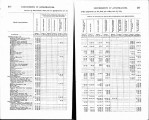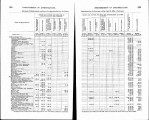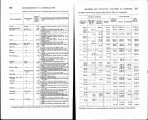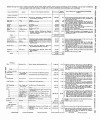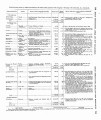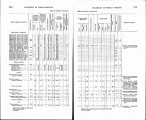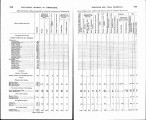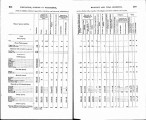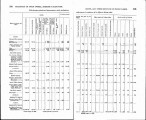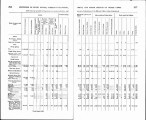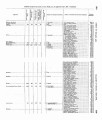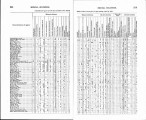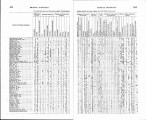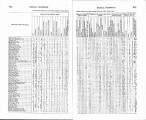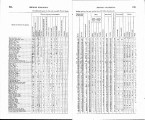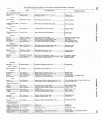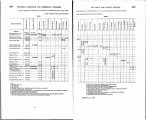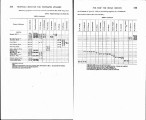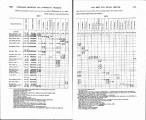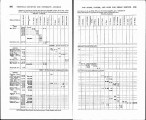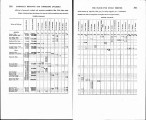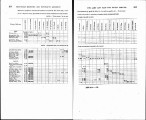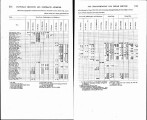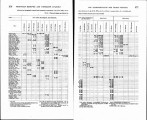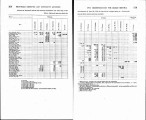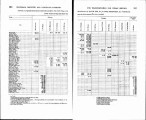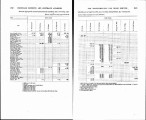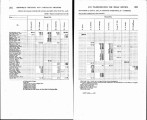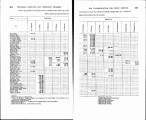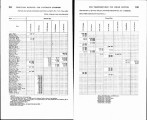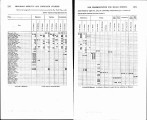| Title |
Annual Report of the Commissioner of Indian Affairs - 1884 |
| Subject |
Indian reservations; Federal government; Indians of North America; Maps; Hunting; Alcohol; Trade; Timber; Indians of North America--Education; Land use; Allotment of land; Health; Crime; Agriculture; Livestock; Natural resources; Education; Indigenous peoples--North America |
| Keywords |
Annual Report; Indian Agency; Reservations; Guns; Ammunition Sales; Trade; Land Rights; Allotment; Resources; Mining; Tribal Funds; Native Americans |
| Publisher |
Digitized by J. Willard Marriott Library, University of Utah |
| Tribe |
Ute |
| Language |
eng |
| Description |
Excerpts concerning Utah from the Annual Report of the Commissioner of Indian Affairs - Courtesy of the University of Wisconsin Digital Collections. The Commissioner of Indian Affairs describes costs associated with operating the Indian agency, a lack of game for hunting, trade of guns, ammunition, and alcohol, depredations of timber and other property, enrollment in schools, etc. The Colorado agent submits a report regarding the Southern Utes. Agent J.F. Gardner reports that the agency's buildings are in poor condition, no crimes were committed during the year, and that flooding and a harsh winter caused stock raising and agriculture to become very difficult |
| Type |
Text |
| Coverage |
Uintah and Ouray Indian Reservation (Utah); Utah; Washington (D.C.) |
| Format |
application/pdf |
| Rights |
Digital Image © 2011 America West Center. All Rights Reserved |
| ARK |
ark:/87278/s68w690z |
| Creator |
Commissioner of Indian Affairs; Price, Hiram, 1814-1901; Gardner, J. Howland (John Howland), 1871-1944 |
| Date |
1884 |
| Spatial Coverage |
Uintah and Ouray Indian Reservation (Utah); Utah; Washington (D.C.); Colorado |
| Setname |
uaida_main |
| ID |
370374 |
| Reference URL |
https://collections.lib.utah.edu/ark:/87278/s68w690z |





































































